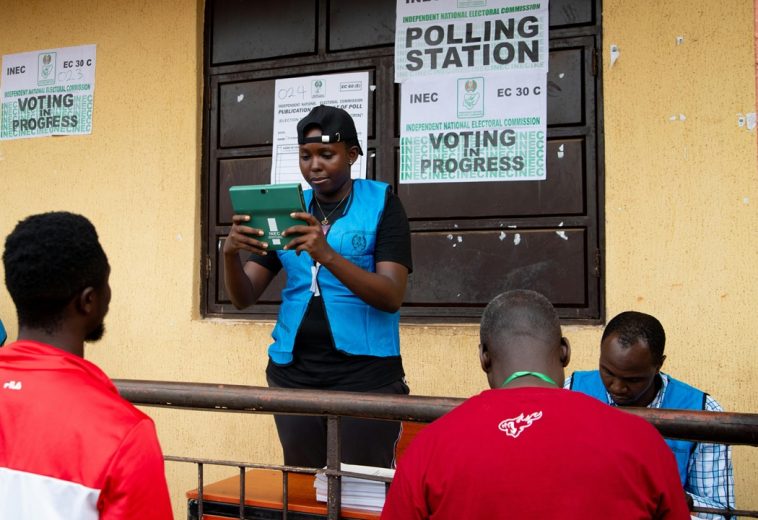Africa holds over 50% of the world’s reserves of key minerals such as cobalt and manganese, along with more than 20% of aluminium and copper. Consequently, Africa’s mining sector presents immense potential for regional development and international investment. In 2020, revenues from copper and other battery metals reached an impressive USD 20 billion, contributing approximately 13% to the global market.
Africa possesses a significant share of global mineral reserves, including 92% of platinum, 56% of cobalt, 54% of manganese, and 36% of chromium—all crucial for the production of green technologies, particularly electric vehicles (EVs) and wind turbines. As the global demand for sustainable energy sources continues to rise, Africa’s mineral wealth is set to play a vital role in decarbonisation efforts worldwide.
READ ALSO: Assessing the Social and Environmental Responsibilities of Mining Companies in Africa
The global mining sector is undergoing a significant transformation, driven by diverse trends expected to reshape its landscape by 2025. A key trend is the surging demand for copper, an essential component in the renewable energy revolution, particularly in electrical wiring and EV production. Africa, with its vast untapped copper reserves in countries such as Zambia and the Democratic Republic of Congo, offers unique investment opportunities to meet this growing demand.
While the transition to renewable energy is accelerating, coal remains a vital resource for many developing economies. Mining companies must navigate the challenge of balancing coal production with sustainability by investing in cleaner coal technologies. Additionally, firms are increasingly investing in their own logistics infrastructure to mitigate supply chain disruptions and improve operational efficiency. The demand for platinum is also expected to rise, particularly for hybrid vehicles, presenting lucrative opportunities for mining companies while underscoring the need for sustainable extraction methods.
The ongoing digital transformation, driven by automation and artificial intelligence, necessitates a strong focus on workforce development to optimise efficiency. Initiatives aimed at equipping personnel with essential skills are crucial for the successful implementation of new technologies, ensuring that the industry effectively adapts to evolving trends.
Challenges Facing Africa’s Mining Sector
Despite its promising potential, Africa’s mining sector faces considerable challenges. Geopolitical instability, regulatory uncertainty, inadequate infrastructure, and environmental concerns present significant hurdles. Additionally, the need for a skilled workforce to engage with advanced mining technologies remains a pressing issue.
Proposing Solutions for a Sustainable Future
To harness its vast mineral wealth and address these challenges effectively, Africa must prioritise several strategic solutions. Investing in education and vocational training will equip the workforce with the technical expertise needed for a technology-driven mining environment. Strengthening regulatory frameworks will create a stable investment climate while addressing environmental and social concerns.
Improving infrastructure, particularly in transportation and logistics, will enhance supply chain efficiency and alleviate current bottlenecks. Encouraging sustainable practices within mining companies will not only align operations with global sustainability goals but also foster goodwill among stakeholders. Furthermore, fostering public-private partnerships between governments, private firms, and international investors can drive economic growth and innovation, ensuring mutual benefits from Africa’s mineral resources.
The Future of Africa’s Mining Sector Globally
Looking ahead to 2025 and beyond, Africa stands at a pivotal juncture in the mining sector. The continent has the potential to emerge as a leader in global mineral production, particularly as demand for minerals essential to green technologies surges. By addressing challenges and implementing strategic solutions, Africa can leverage its mineral wealth to contribute significantly to global sustainability and economic progress.
In conclusion, Africa’s advancements in mining extend beyond mineral extraction; they reflect a broader narrative of regional development, economic empowerment, and global relevance. With the right investments and a commitment to sustainable practices, Africa is poised to play a transformative role in the global mining sector, fostering long-term growth and resilience for generations to come.




